Praising and encouraging your children will likely make you feel less stressed about your parenting duties.
Around one-quarter of Australian parents feel stressed by their child’s behaviour every day and more than one-third are overwhelmed by it. These are some of the findings released today from our latest Royal Children’s Hospital National Child Health Poll – an online quarterly survey of a nationally representative sample of 2,000 Australian households with children.
The poll also reveals many parents are confused about how often their children should be on their best behaviour and that a concerning number of parents use physical discipline to manage their children.
Parenting is a tough gig and perfection is an unrealistic goal. It’s important for parents to remember they are not alone, and there are always strategies that can help. Here are four things the poll shows us each parent should know.
1. Parenting is stressful
Our poll found one in four parents (27%) feel stressed by their child’s behaviour every day, with two-thirds (69%) feeling stressed at least once a week. Almost half of parents (45%) said they spent a lot of time thinking about how to manage their child’s behaviour and a third (32%) said they often felt overwhelmed by the issue.
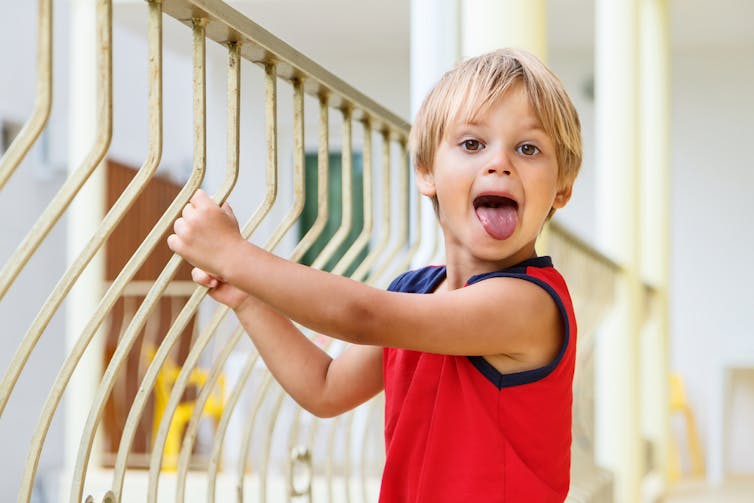
You’re not alone if you feel stressed about you child’s behaviour.
from shutterstock.com
All parents experience stress as they attempt to meet the challenges of caring for their children. But high levels of parenting stress can also make child behaviour problems worse. Parenting websites such as raisingchildren.net.au contain tips on ways to recognise and reduce stress, which can help parents cope with the daily challenges of parenthood.
Almost half of parents (45%) said they were not confident they would know where to get help managing their child’s behaviour if they needed it. Advice and support from the GP, child health nurse or another health professional can help.
Read more:
‘No, I don’t wanna… wahhhh!’ A parent’s guide to managing tantrums
2. Your child may be acting their age, not misbehaving
Children behave in different ways depending on their age, temperament, developmental stage and the situation. Yet one third of parents believe children should always be on their best behaviour, suggesting they have unrealistic expectations about a child’s capacity to behave in certain ways.
It is normal for a toddler to have difficulty regulating their emotions and have tantrums in response to overwhelming situations. Testing limits, like having strong opinions about eating or resisting bedtime, is also a normal developmental stage for preschoolers.
As teenagers journey towards becoming independent, they will challenge parent opinion and negotiate around decision-making.
Even adults cannot be expected to be on their best behaviour all the time, so we certainly can’t expect this of our children.
Read more:
How to discipline your children without rewards or punishment
3. Praise works better than punishment
Our study found that most parents use positive strategies such as praise and rewards to promote “good” behaviour. No matter how old children are, praise and encouragement will help them feel good about themselves. This boosts their self-esteem and confidence.
Praise works best to encourage desired behaviour when it is genuine and task specific – that is, when you tell your child exactly what it is they have done well. This is sometimes called “descriptive praise”. Saying “I like the way you shared your toys with your brother” is more effective than non-specific praise such as: “You’re a good girl”.
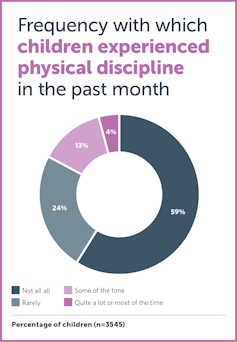
Physical discipline is not the best way to manage a child’s behaviour.
Royal Children’s Hospital, Author provided
A concerning proportion of parents report using negative or punitive strategies to manage their child’s behaviour. According to parent’s reports in our study, 4% of children have been physically disciplined “quite a lot or most of the time” in the past month, 13% “some of the time” and a further 24% “rarely”.
Physical discipline was defined as anything done to cause physical pain or discomfort to a child in response to their behaviour including smacking, hitting, spanking, slapping, pinching or pulling.
Research shows physical discipline can be harmful to a child’s physical and psychological well-being. Research also shows children who experience physical punishment are more likely to develop aggressive behaviour themselves.
Physical discipline is also a less effective strategy for encouraging desired behaviour because it focuses on what not to do rather than modelling or reinforcing desired behaviour.
Read more:
A wake-up call for parents who smack their children
4. Lots of parents lose their cool, but saying sorry helps
Almost half of parents (48%) said they became impatient too quickly, and one in three (36%) said they often lost their temper and later felt guilty. These feelings were more common among parents who reported using physical discipline more often.
When things are getting heated, it can be helpful to hit the pause button. Take a minute to breathe, step back, even walk away if possible. Try to see things from your child’s point of view and understand they don’t have the ability to reason and rationalise things like an adult.
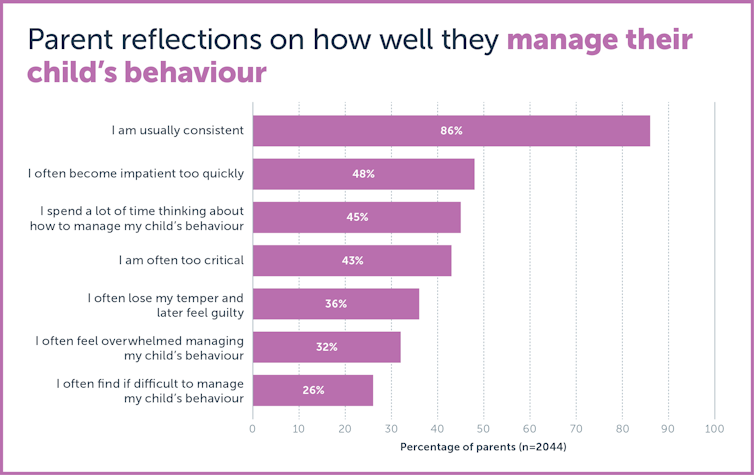
Not every parent is perfect.
Royal Children’s Hospital, Author provided
And if you do cross the line, take the time to reflect on what happened so you can recognise when things are heading this way again and intervene. It’s OK to say sorry to your child if you have lost your cool, as this will help them understand what has happened and it is modelling respectful behaviour too.
Read more:
Should we swear in front of our kids?
![]()
Anthea Rhodes, Paediatrician and Lecturer in Child and Adolescent Health, Department of Paediatrics, University of Melbourne
This article is republished from The Conversation under a Creative Commons license. Read the original article.
We may get commissions for purchases made using links in this post. Learn more.

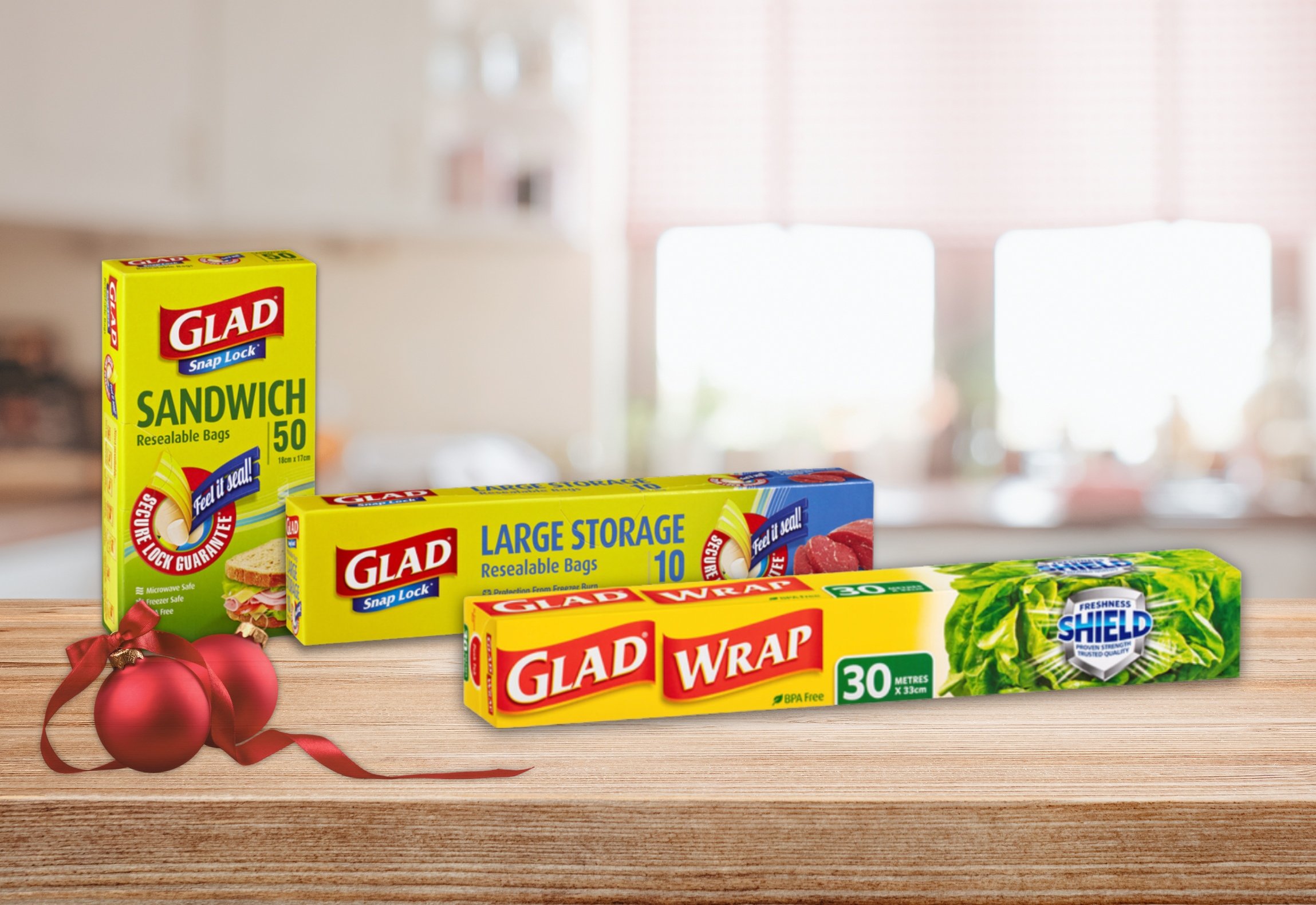
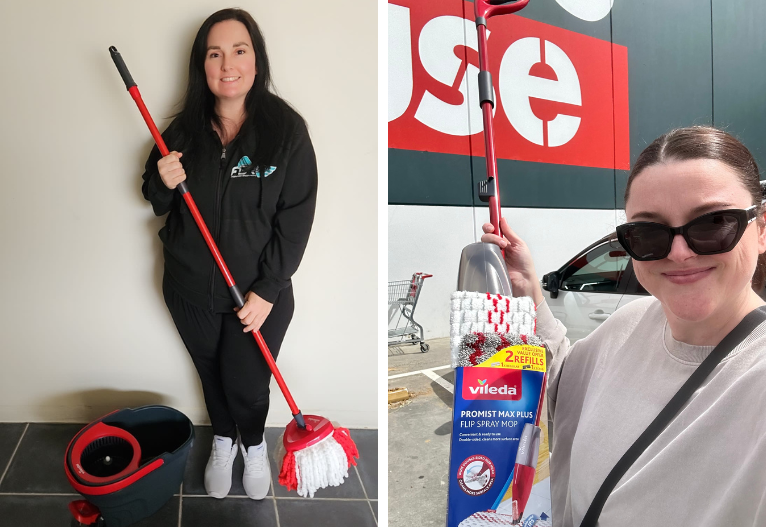



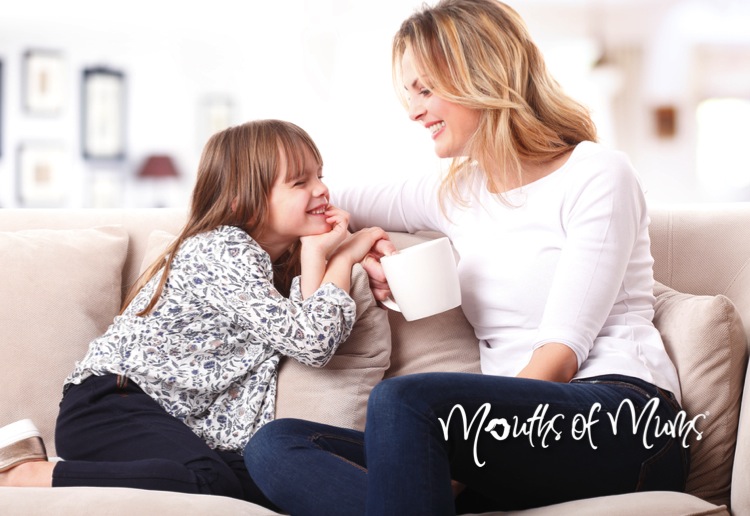











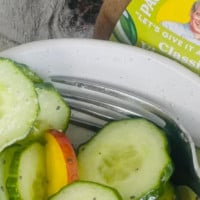




-

-
-
-
mom93821 said
- 31 Dec 2018
-

-
-
-
mom241861 said
- 11 Dec 2018
-

-
-
-
mom81879 said
- 14 Nov 2018
-

-
-
-
mom111059 said
- 23 Oct 2018
-

-
-
-
rovermum said
- 22 Oct 2018
-

-
-
-
mom90114 said
- 21 Oct 2018
-

-
-
-
mom19782016 said
- 20 Oct 2018
-

-
-
-
mom114371 said
- 19 Oct 2018
-

-
-
-
Ellen said
- 19 Oct 2018

-

-
-
-
mom265671 said
- 18 Oct 2018
-

-
-
-
Blossom said
- 18 Oct 2018
-

-
-
-
ashna9 said
- 18 Oct 2018
-

-
-
-
mom81879 said
- 18 Oct 2018
Post a comment7:05 pm
-

-
-
-
meedee replied
- 03 Dec 2022 , 10:44 am
Reply6:10 am
12:59 pm
12:23 pm
9:34 am
10:42 pm
3:28 pm
8:27 pm
7:34 am
11:21 pm
6:59 pm
6:45 pm
1:29 pm
To post a review/comment please join us or login so we can allocate your points.